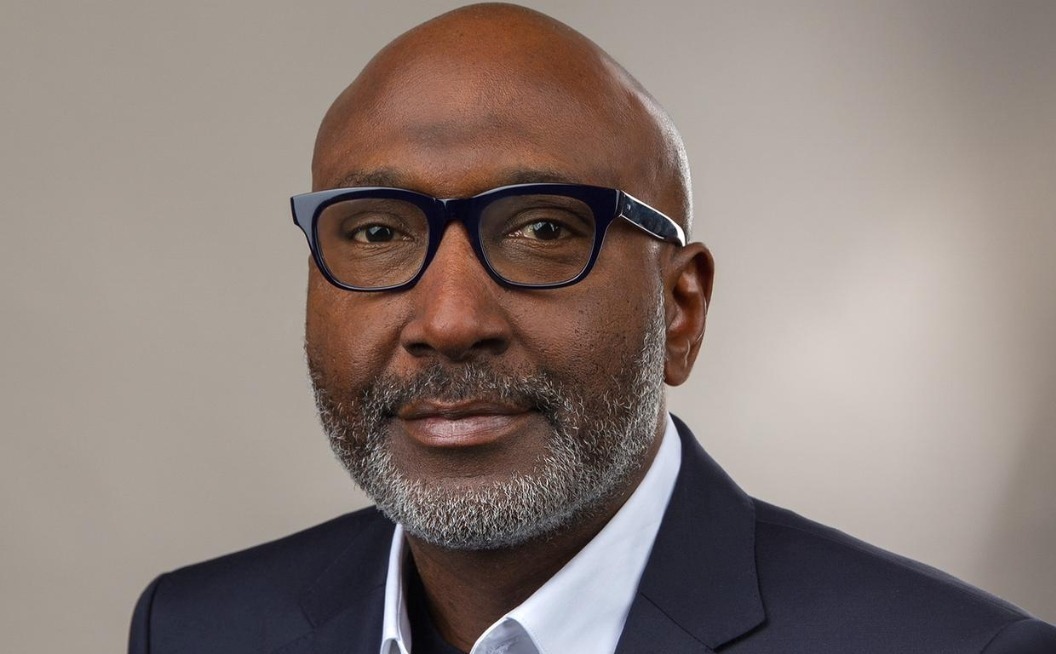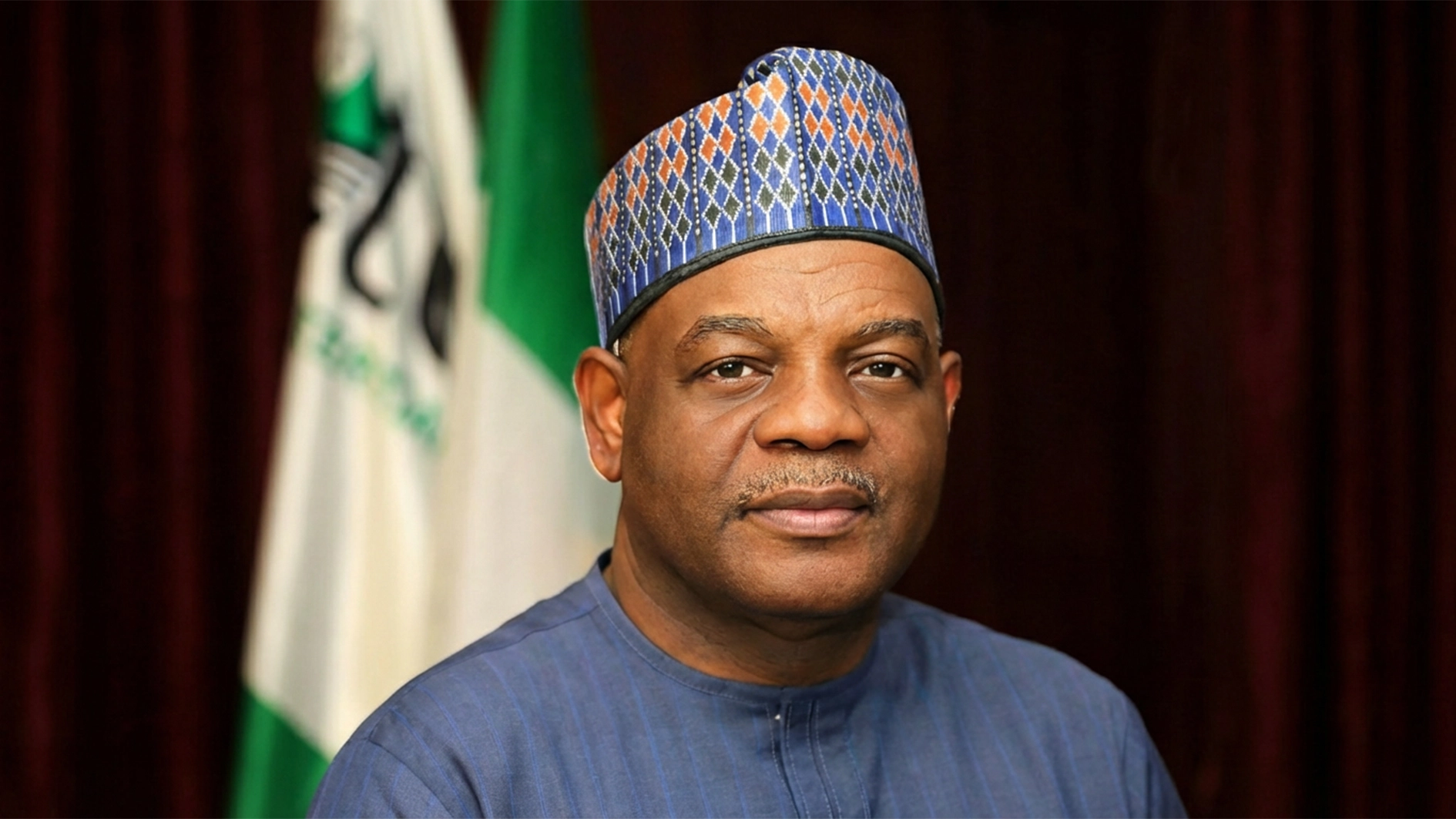
Capital market stakeholders have called for concerted efforts towards establishing a functional commodities exchange in Nigeria, stating that this would support the non-oil sector to become a major export earner for the country.
Commodities referred to as primary products, are raw materials extracted from the earth under-going little or no manufacturing or refining process. Commodities include fuels, agricultural products, minerals, ores, and metals, and are traded on the commodities market. Of the emerging economies, countries in Africa have remained highly dependent on commodities.
The stakeholders argued that the move would improve the marketing of commodity products, leading to improved income for operators as well as revenue collection by government.They regretted that the nation’s commodities exchange which is very vital in the production of surplus and storage of agricultural commodities for trading on the exchange has not been able to make the necessary impact since its establishment in 2001.
Therefore, they implored the present administration to reposition nation’s commodities exchange to increase production of agro-commodities by farmers, employment generation and contribute optimally to the nation’s GDP growth.
The Managing Director and Chief Executive Officer (CEO) of the Nigerian Commodity Exchange, Mrs. Zaheera Baba-Ari, had last year, lamented, “Currently, Nigeria Commodities Exchnage (NCX) is operating sub-optimally as the conversion from stock to commodity exchange was done without the required structural and institutional infrastructure.”
Baba-Ari said the Exchange lacked adequate warehousing capacity; adequate physical infrastructure (communications, transportation); and appropriate legal and regulatory infrastructure in terms of a system of grades and standards, and a credible system of contract enforcement and governance in spot markets.
Other drawbacks of the NCX, according to the CEO, are lack of supportive public policies and institutional infrastructure such as producers’ organisations as most African countries are characterised by smallholder farmers.
Specifically, The Managing Director of Crane Securities Limited, Mike Ezeh in an interview with The Guardian said a functional commodities exchange would will further strengthen the economy and make it one of the greatest in the emerging economies of the world.
“Commodities Exchange like the stock exchange is also an important component of an economic system. Just like the stock market is the engine room of most economies where it is prevalent, it can be the engine room for those economies that do not have stock markets.“But for Nigeria, with a vibrant stock market in place, and an effective commodity market added to the stock market will further make our economy one of the greatest in the emerging economies of the world.
He continued:”Our comodities and solid minerals that our country is endowed with such as gold, diamond, agric products among others will attract the best competitive prices bearing in mind the fact that “Our commodities are world class when compared with that from other parts of the world. It will no longer be under priced or lying waste so you can see that the importance of a commodities exchange in an economy like Nigeria’s can not be overemphasized. It is long overdue.”
An independent investor, Amaechi Egbo who lamented that that the nation’s commodities exchange has not made the necessary impact since its establishment in 2001, noted that such exchange in other emerging markets has helped to enhance liquidity as well as increase market capitalisation in their various jurisdictions.
According to Egbo, a strong and vibrant commodities exchange would support the non-oil sector to become a major export earner for the country.He added that it would also improve the marketing of commodity products, leading to improved income for operators as well as revenue collection by government.“Farmers will see value for the business, cultivate more and then create wealth for themselves, for government and for the entire nation which will lead to the growth in GDP.”
The Chief Operating Officer of InvestData Consulting Limited, Ambrose Omordion said: “In jurisdictions where commodity trading is conducted via privately established commodities exchanges, trading volumes are impressive.”Citing South Africa, he pointed out that the South African Futures Exchange (SAFEX) trades well over a hundred thousand contracts a month since 2001.He noted that the exchange was bought out by the Johannesburg Stock Exchange in 2001, saying this has placed the exchange as the continent’s largest commodity exchange.He added that from all indications, it is clear that the privatisation of the NCX is overdue if trading capacity in commodities is to improve in Nigeria.
[ad unit=2]






